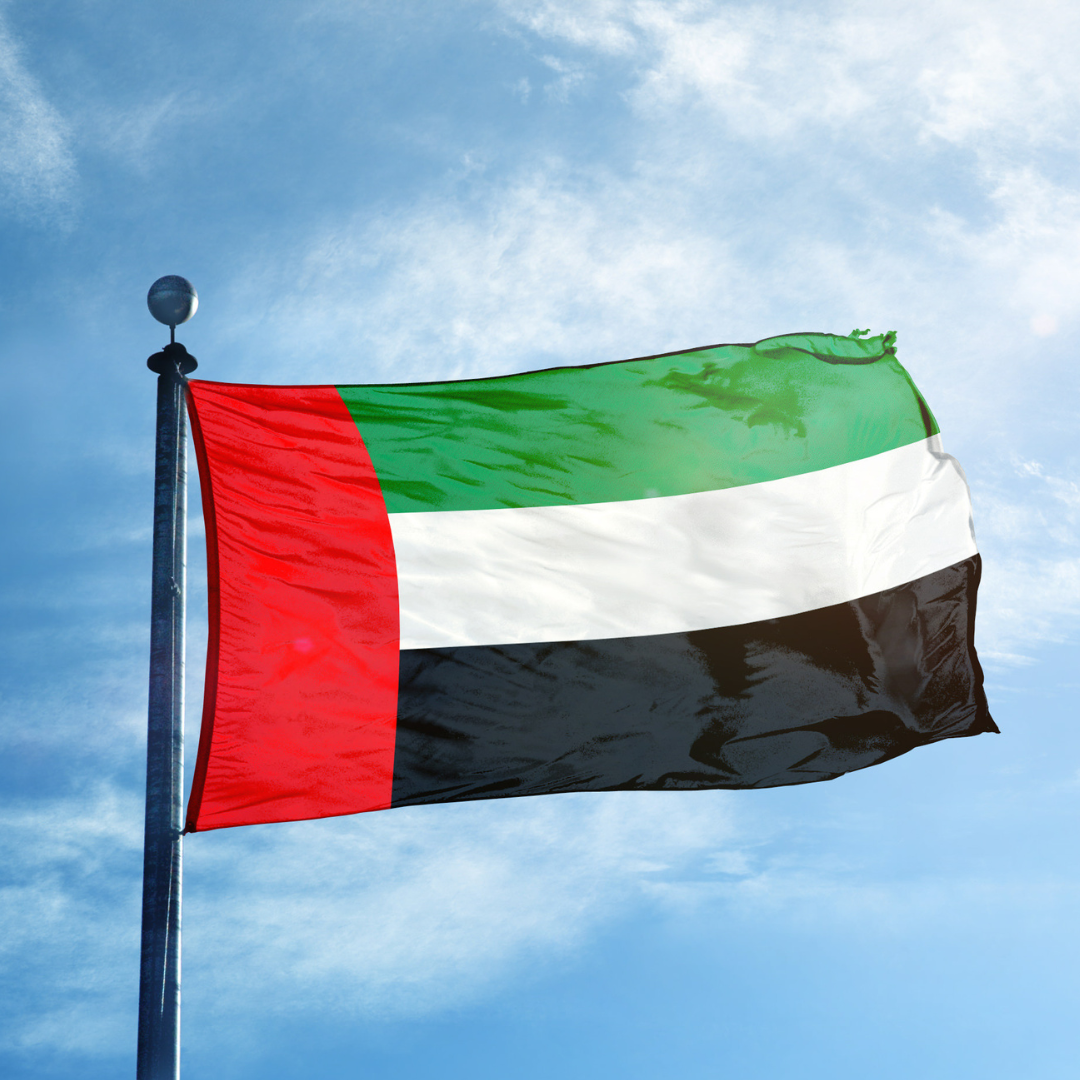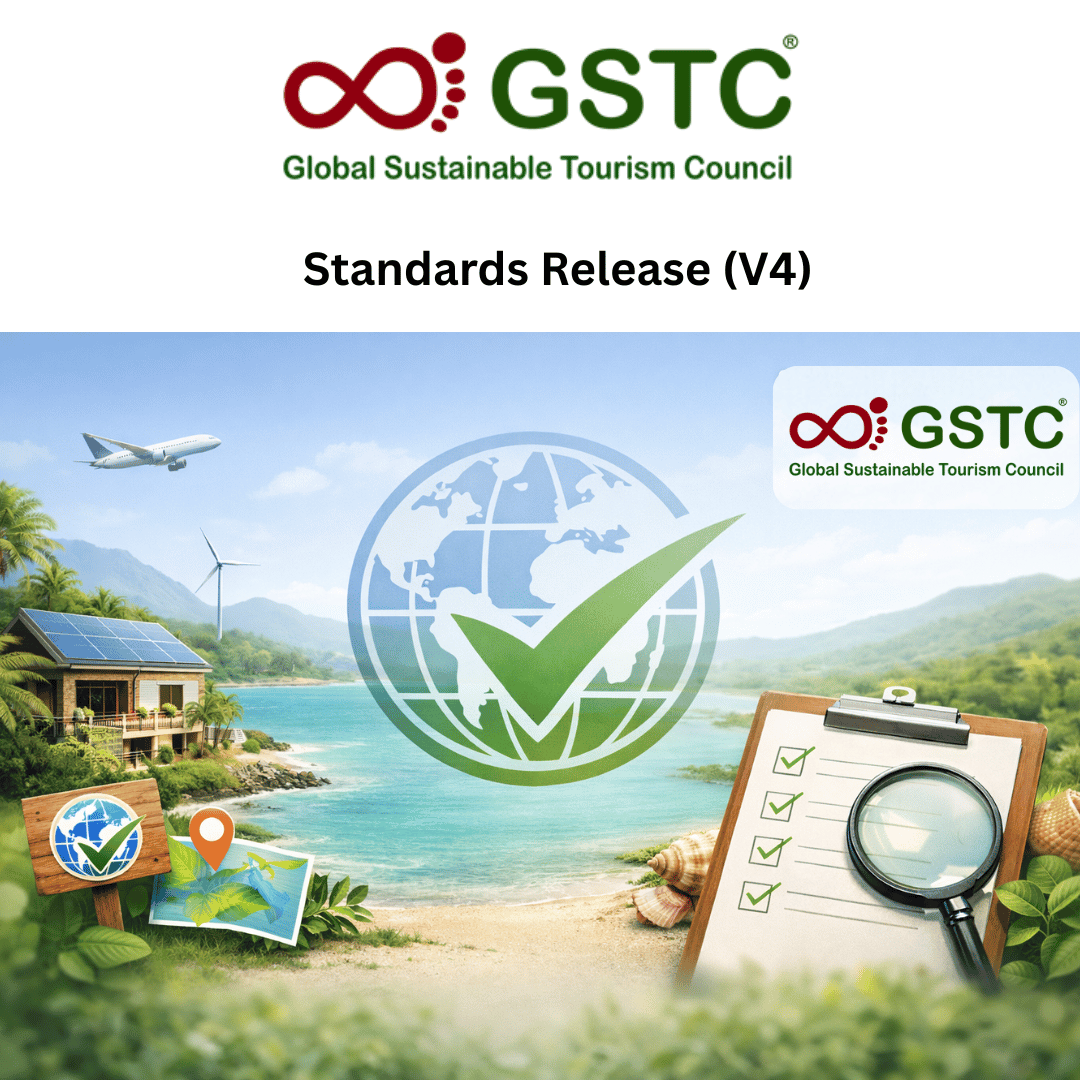The UAE, a nation renowned for its innovation and forward-thinking vision, has once again taken a bold step towards a sustainable future with the introduction of what’s being dubbed “The Climate Change Law.” Federal Decree-Law No. (11) of 2024, concerns the Reduction of Climate Change Effects comes into effect May 30, 2025. But what does this mean, especially for the dynamic hospitality sector that forms a cornerstone of the UAE’s economy?
Let’s break it down.
What’s the Law About?
Federal Decree-Law No. (11) of 2024 is the UAE’s comprehensive framework for tackling climate change. It sets clear objectives for reducing emissions, adapting to climate impacts, and promoting sustainable development. The law covers all sectors within the State, including free zones.
It aims to manage emissions, enhance climate change adaptation, support green innovation, share climate data, and align national strategies for sustainable development.
What Does It Mean for Businesses?
- Emission Reduction: Businesses are required to actively reduce their emissions through various methods (energy efficiency, clean energy, better water and waste management, offsetting etc.).
- Mandatory reporting of Scope 1, 2 & 3 emissions. for entities emitting over 500,000 tons CO₂e. Entities with emissions above this threshold must register, report, and offset emissions through verified carbon credits.*
- Carbon credits must follow verified decarbonisation standards and are tradable at the entity level.*
- Measurement & Reporting: Expect to measure, report, and maintain detailed records of emissions. Records are to be kept for a minimum of 5 years. Voluntary participation encouraged for businesses under the threshold.Reporting will run through a centralised online platform—ushering in a new era of accountability and climate finance.
- Adaptation Planning: The development and implement adaptation plans, including risk assessments and early warning systems. Data on losses and adaptation implementation must be submitted to the Ministry.
- Compliance: Failure to comply with the law can result in penalties. Penalties for non-compliance range from AED 50K to 2M
- Innovation: The law encourages the adoption of new technologies and sustainable practices.
*Cabinet Resolution No. (67) of 2024 Concerning the National Register For Carbon Credits:
In short, businesses operating in the UAE need to take climate change seriously. Proactive engagement, careful planning, and a commitment to sustainability will be essential for navigating the new regulatory landscape and unlocking the potential opportunities.
Why Now? The Driving Forces Behind the Legislation
This new law isn’t an isolated event; it’s a crucial piece of a much larger puzzle:
- UAE’s Sustainability Vision: The UAE has made a firm commitment to sustainability, aligning environmental goals with economic diversification. This law reinforces that commitment.
- Meeting International Commitments: The UAE is a signatory to the Paris Agreement and has pledged to reduce its emissions through Nationally Determined Contributions (NDCs). This law helps the nation meet those obligations.
- Economic Opportunity: The UAE recognises that climate action is not just an environmental imperative; it’s an economic opportunity. By becoming a leader in green technologies and sustainable practices, the UAE aims to attract foreign investment and create new industries.
- Global Leadership: The UAE aspires to be a global role model in climate action, demonstrating that economic prosperity and environmental stewardship can go hand-in-hand.
Hospitality in the Hot Seat: What the Law Means for Hotels and Resorts
The hospitality industry, a vital contributor to the UAE’s economy, will undoubtedly feel the impact of this new legislation. Prior to 2021, Emirates of Dubai Tourism mandated that hotels comply with 19 Sustainability Requirements covering areas such as energy and water management, waste reduction, and sustainable sourcing; Abu Dhabi then followed suit in 2023. Hotels are no strangers to declaring their emissions, but should anticipate more conversations and commitments around:
- Increased Scrutiny and Reporting: Expect closer examination of your environmental footprint. Accurate measurement and reporting of emissions will become essential.
- Leverage Existing Infrastructure: Dubai and Abu Dhabi hotels already utilise the Carbon Calculator to submit monthly data on carbon emission sources. Familiarity with this system at a minimum will be beneficial as the new law’s reporting requirements are implemented. If your emirate doesn’t have a nationally recognised carbon calculator, then you will need a tool or speak to advisors to get started.
- Building on Previous Efforts: The Sustainability Requirements provide a foundation for hotels to further enhance their sustainability operations and meet the broader goals of the Federal Decree-Law.
- Areas of Impact for Hotels
- Energy Efficiency Imperative: The law creates a strong incentive for hotels to invest in energy-efficient technologies that will bring down their emissions.
- Water Conservation is Key: With water scarcity a pressing issue in the UAE, hotels will need to implement robust water conservation measures.
- Waste Reduction & Recycling: Integrated waste management programs will become a necessity, moving beyond basic recycling to comprehensive waste reduction strategies.
- Green Certifications as a Badge of Honour: Obtaining certifications such as LEED, GreenKey, Earth Check can demonstrate your commitment to sustainability and provide additional roadmaps to drive down emissions. Read “Which certification is right for you?” to gain insights to hospitality certifications.
- As per Article 5, The Cabinet will set annual emission reduction targets for all sectors based on Ministry proposals. Competent authorities will develop sector-specific plans. However, as of end of May 2025 official communications detailing these sector-wise targets or specific implementation frameworks have not yet been released. The hospitality industry should closely monitor announcements from the Ministry and relevant authorities.
Beyond Compliance: Embracing Opportunity
The UAE is committed to a sustainable future, and Federal Decree-Law No. (11) of 2024 makes that clear. For the hospitality sector, this presents both a challenge and a significant opportunity. By proactively embracing sustainability, investing in green technologies, and showcasing your commitment to environmental responsibility, you can not only ensure compliance and gain a competitive edge, but also boost your bottom line. Remember, sustainability is about balancing people, planet, and profit. Reducing emissions, conserving resources, and adopting sustainable practices ultimately translates into long-term cost savings and a more resilient business model.
The future belongs to those who embrace change and recognise that sustainability is not just a responsibility, but a pathway to lasting success.
Browse our Marketplace – a platform listing verified solutions that support emission reductions, tailored towards the hospitality industry.
Read our case studies – real life examples of how hotels are putting sustainability into practice!







